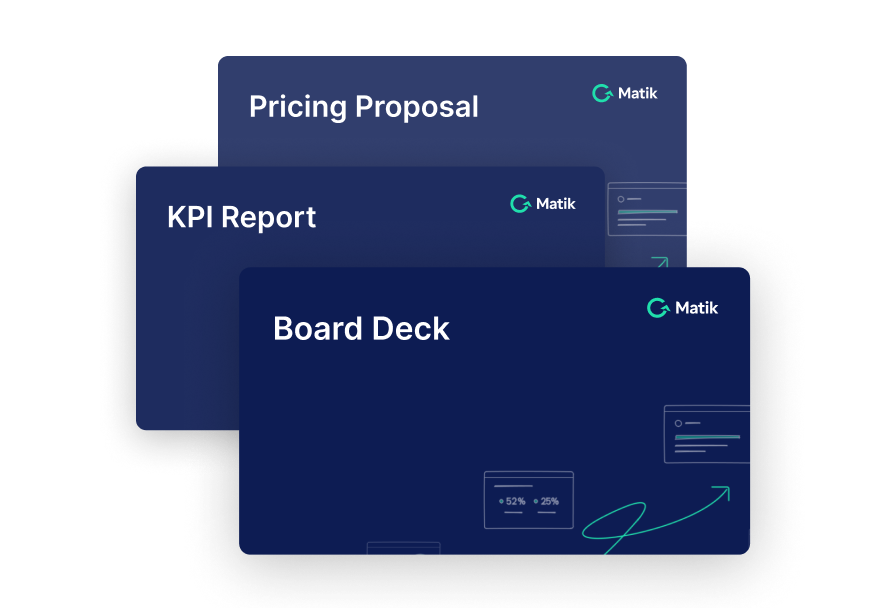Join Our Newsletter
For SaaS companies, the finish line is no longer a signed contract. Closing a deal is just the starting point. True growth now comes from what happens after the sale when customers renew, expand, and become champions for your brand.
This shift has made Customer Success (CS) more critical than ever. But as customer expectations rise and businesses scale, delivering a great experience consistently gets harder. Teams get bogged down with manual work, customer data lives in silos, and processes often depend on tribal knowledge.
This is where Customer Success Operations steps in.
CS Operations: The Backbone of Scalable Customer Success
CS Ops is often the quiet engine behind the highest-performing SaaS companies. Its job is to create the systems, processes, and data infrastructure that help Customer Success teams do what they do best—help customers thrive.
Without it, even the most skilled CSMs spend too much time wrangling spreadsheets or hunting for data instead of building relationships.
Why CS Ops Matters More Than Ever
The SaaS Growth Model Has Changed
In many SaaS businesses, 70 to 80 percent of future revenue comes from renewals and expansions. Yet a lot of CS teams are forced to operate reactively because they lack the tools and data to play offense. CS Ops gives teams the structure to be proactive, not just supportive.
The Customer Journey Is Complex
Customers interact with marketing, sales, onboarding, product, support, and CS across a variety of platforms. Each handoff is a risk point. CS Ops helps orchestrate those transitions by aligning processes and unifying data, so the customer journey feels smooth, not fragmented.
Scaling Requires Consistency
What works for ten accounts rarely works for a thousand. Without consistent processes, things slip through the cracks, like missed renewal dates, outdated QBRs, or delayed follow-ups. CS Ops makes sure your team delivers a high-touch experience at scale, not just for the top accounts.
Customer Success Becomes a Revenue Driver
CS is no longer just about customer happiness. It directly impacts retention, expansion, and net revenue retention (NRR). CS Ops makes it possible to track and influence these outcomes with playbooks, health scores, and workflows that surface risks and identify growth opportunities before it is too late.
Signs You’re Ready for CS Ops
Many companies wait too long to formalize CS Ops. If you are seeing any of these signs, it is time:
- CSMs spend more time preparing reports than working with customers
- Data is scattered across systems, and reporting feels like spreadsheet gymnastics
- Leadership needs better forecasts for renewals and expansions
- Customer handoffs are messy, leading to confusion or missed opportunities
- Teams are growing and starting to segment by customer type, geography, or product line
Even if you are not ready for a dedicated ops hire, starting with one automated process or a part-time owner can drive real impact.
Avoiding Common Pitfalls
- Start with high-impact problems, not trying to fix everything at once
- Prove value quickly with measurable wins like automated QBRs or cleaned-up health scores
- Communicate wins and progress to leadership regularly
- Make sure someone owns CS Ops, even if it is part of another role initially
- Focus on adoption, not just implementation
CS Ops Is Not Just Operational. It Is Strategic.
When done right, CS Ops transforms Customer Success from a reactive support function into a proactive growth engine. It gives your team the tools and data to drive retention, expansion, and customer satisfaction at scale.
The sooner you invest, the faster those benefits compound.
Want to dive deeper? Our full ebook, “How to Build an Operations Strategy for Customer Success,” breaks this down step-by-step with practical tips, examples, and pitfalls to avoid. Download the ebook here to learn how leading CS teams are building scalable, data-driven operations that drive growth.
---
Ready to transform your organization? Request a demo with Matik today!
















